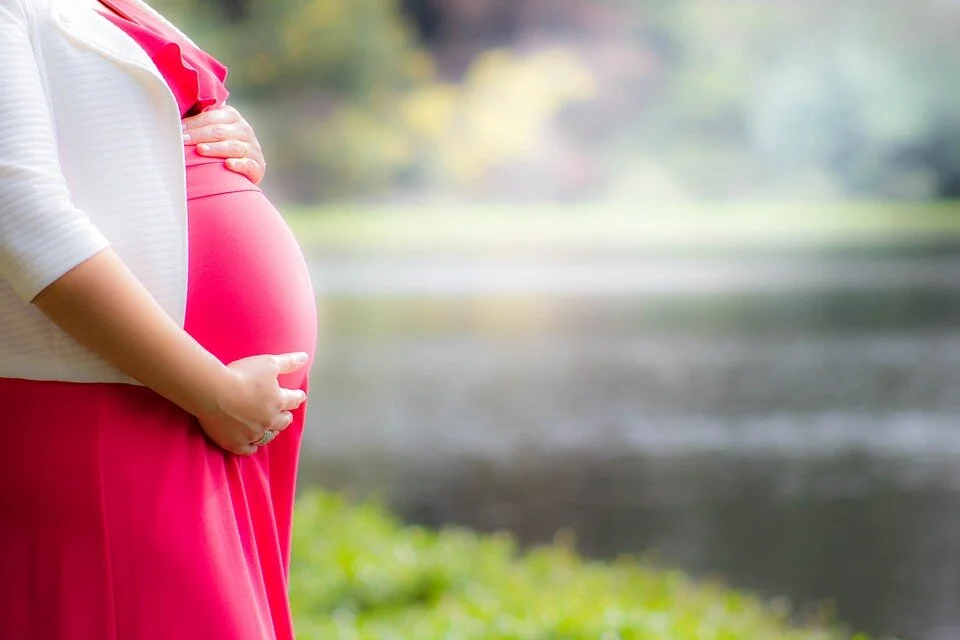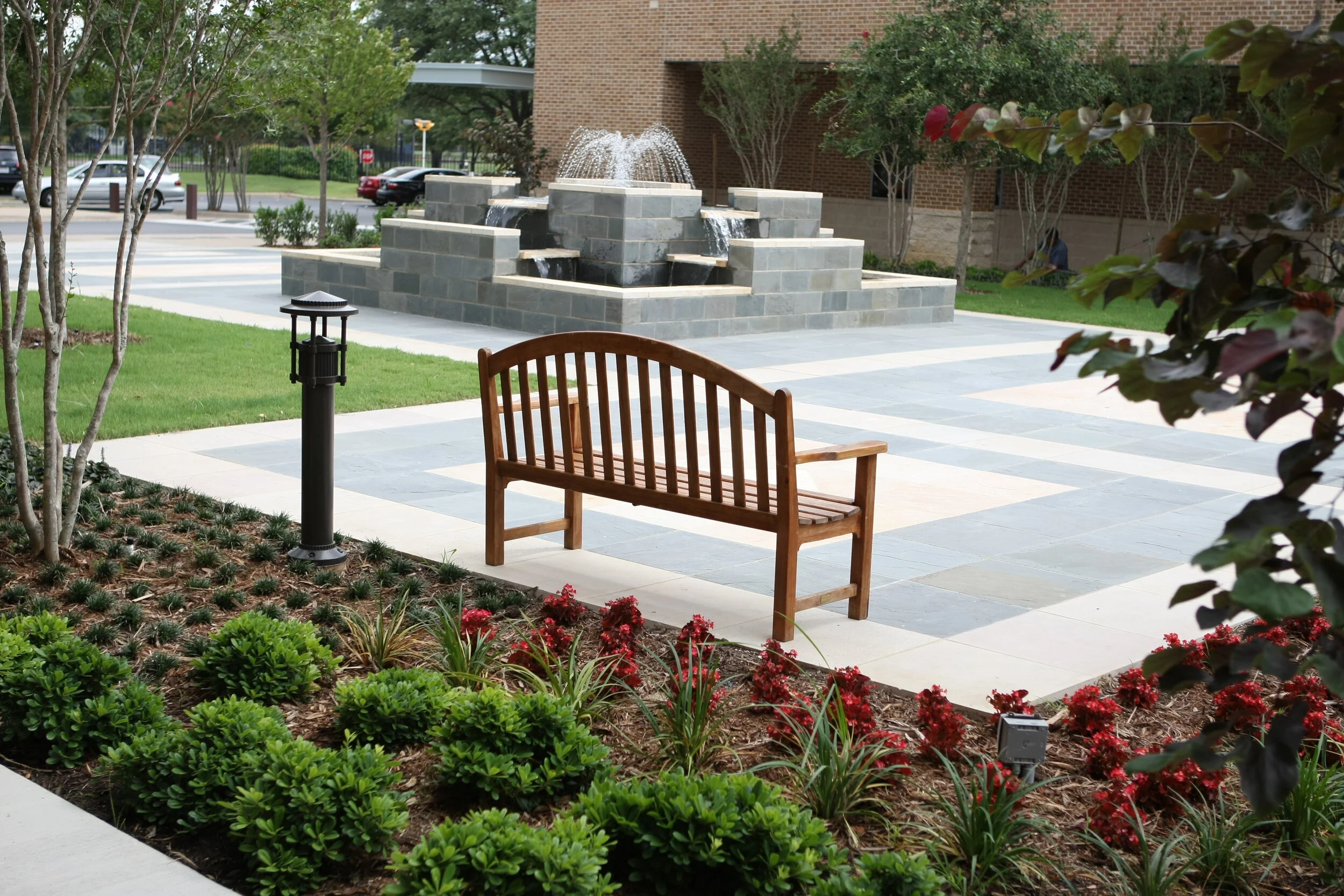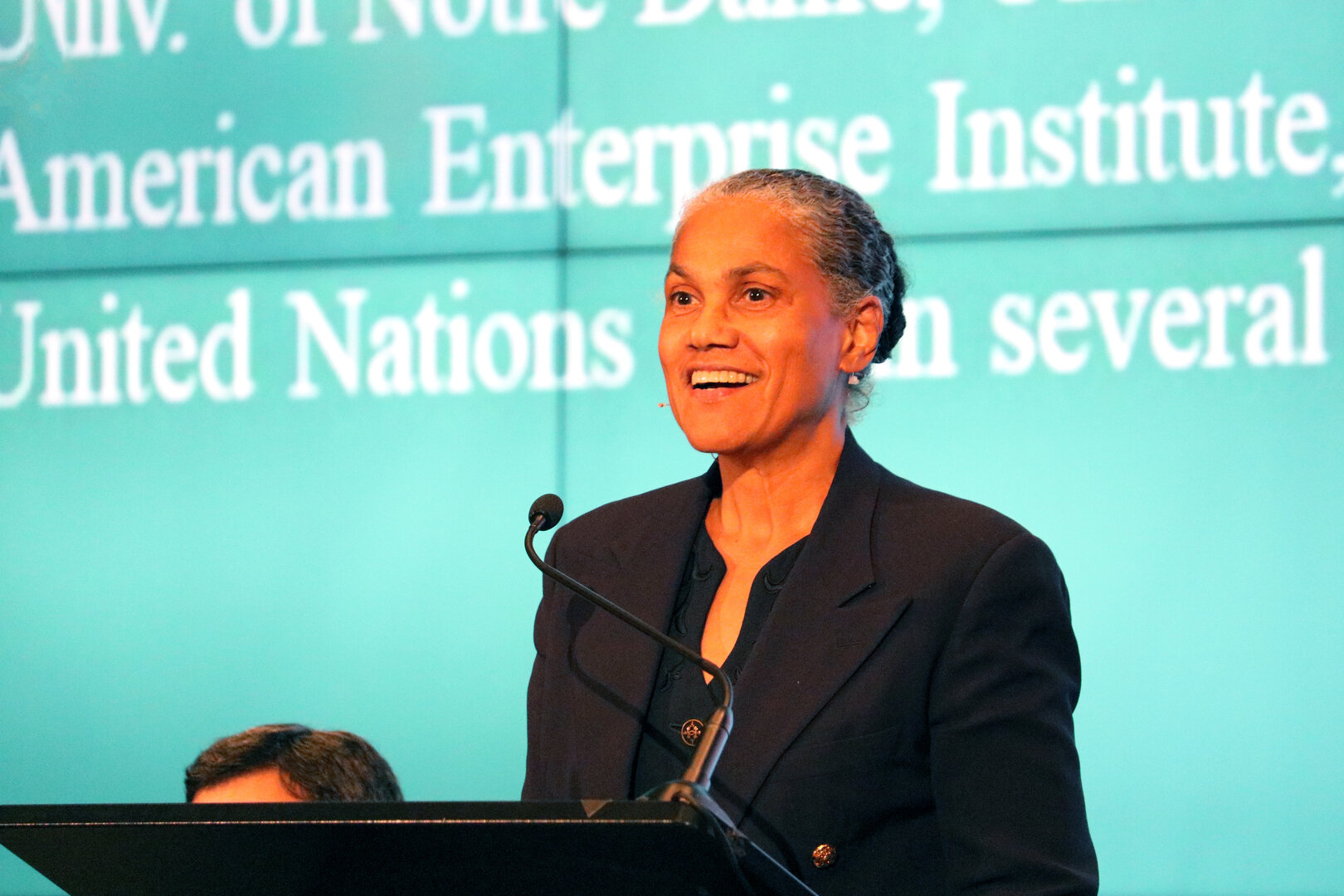(ANALYSIS) The Texas abortion law could affect the religious liberties of those providing pastoral care for women considering abortion or Jews who, in accordance with Jewish teaching, seek an abortion to save the life of the mother.
Read More(OPINION) The American Families Plan is biased towards child care and pre-K education outside the home, which isn’t the preference of many families, especially low-income, minority and religious families. In short, the plan prioritizes the desires of two-parent, higher educated and financially well-off families with two full-time working adults who are the most likely to prefer institutional child care that is not faith-based.
Read More(OPINION) An unmarried Catholic school teacher was dismissed from her position because she became pregnant through engaging in premarital sex. While religious freedom should include the right to remove an employee violating the school’s faith standards, the school could have handled the case of an unwed mother choosing life over abortion much differently.
Read More(OPINION) Faith-based foster care services are one essential element to providing children with loving families in a system where too many children languish. As recent research indicates, there are high turnover and recidivism rates among foster parents, yet more than 80% of foster parents cite faith or church support as an element that contributes to successful and sustained fostering. As the unanimous Court stated in Fulton, “[t]he City apparently prefers to risk leaving children without foster parents than to allow CSS to follow its religiously dictated policy, which threatens no tangible harm.”
Read More(OPINION) A Texas court ruling is sparking debates about an obscure First Amendment doctrine that exempts religious institutions from certain civil lawsuits to protect them from government interference in their internal matters. The ruling’s interpretation raises concerns about how lay people can hold these institutions accountable when abuses happen.
Read MoreReligion Unplugged interviewed Dr. John Jackson, President of William Jessup University, a California-based private Christian university in the Sacramento area. In our conversation, Dr. Jackson explored the spiritual and practical impacts of COVID-19 on the Jessup community, reflected on challenges to religious freedom during the pandemic and offered a vision of religious freedom lived responsibly and stewarded for the benefit of others during the pandemic.
Read More(ANALYSIS) The study characterizes the Supreme Court’s previous approach to religious freedom as one that interpreted the First Amendment’s religion clauses to offer “weak but meaningful” safeguards for minority faiths from adverse treatment by public policies that privileged “mainstream Christian organizations, practices, or values.” But the study’s authors also admit that conservative Christian values are no longer mainstream.
Read More(OPINION) This week the Seymour Institute for Black Church and Policy Studies, led by Dr. Jacqueline Rivers and Rev. Eugene Rivers, released a statement, “How the Equality Act Harms the Black Church”, writing that while the Black Church has historically - and continues - to act as “the central institution in the life of the African American community... the Equality Act poses a threat to the ability of the Church to continue to play this role.”
Read More(ANALYSIS) The proposed Equality Act explicitly bans discrimination in federally funded programs on the basis of sex, sexual orientation and gender identity, which would require all adoption and child placement agencies to adopt to LGBTQ couples.
Read More(ANALYSIS) The Equality Act would explicitly add to the definition of “sex” both “sexual orientation” and “gender identity,” but a Supreme Court ruling this summer already goes a long way toward ensuring LGBTQ individuals are protected from discrimination in federal law. The Equality Act would scrap a law that protects the religious freedom of organizations that adhere to orthodox theologies on gender and sexuality— there is a better way.
Read MoreOn Feb. 14, President Joe Biden reestablished the White House Office of Faith-Based and Neighborhood Partnerships — an office largely ignored by the Trump administration — and announced Melissa Rogers as executive director, who served the same role in the Obama administration. The office was created by President George W. Bush two decades ago to improve communication with and ensure equal access to government funding by faith-based and secular civil society organizations helping local communities, in part to reduce the need for welfare spending.
Read More(ANALYSIS) The Supreme Court recently reversed California’s discriminatory ban on indoor worship in a case brought by two churches against Governor Gavin Newsom. Here’s what the justices had to say, and what rules houses of worship must comply with during the pandemic.
Read More(ANALYSIS) It remains to be seen how the Biden administration will advance an approach to working together across differences, particularly between government and diverse faith-based and community-based organizations. Whatever approach the Biden administration takes, it will be building upon over two decades of bipartisan principles advancing faith-based and government collaboration.
Read More(OPINION) This season of Epiphany, which we are now in, affords us the opportunity to honor Christ’s manifestation and ministry in the world. Epiphanytide invites us to reflect on the role of religious freedom and religious literacy in Christ’s manifestation to the world. This is perhaps even more relevant in light of the Capitol violence last week.
Read More(OPINION) The high court’s ruling on whether Gordon College, an evangelical school, can require its professors to adhere to its doctrinal statement on LGBTQ relationships could have nationwide impacts. The arguments hinge on whether professors at religious institutions qualify for “ministerial exemption” from workplace anti-discrimination laws because of their role in faith formation of the students.
Read More(OPINION) The Supreme Court recently upheld the religious freedom of Muslim Americans in a case of three Muslim men who accused the FBI of forcing them to violate their religious beliefs to spy on fellow Muslims. Here’s why we should all cheer.
Read More(OPINION) In Columbus, Ohio, a network of churches and faith-based organizations is providing safe, supervised spaces for kids without the resources at home to log into online learning. The school district is not endorsing or sponsoring the learning centers but are making sure parents know about them.
Read More(OPINION) A 5-4 Supreme Court ruling in Nevada limits churches in the state to 50 guests, while bars, casinos and other entertainment venues are permitted 50 percent capacity. Doing so sets churches at an unfair disadvantage.
Read More(OPINION) The July 8 Supreme Court decision allows religious institutions to choose teachers who align with their spiritual commitments. This is especially important for minority faiths like Judaism and Islam.
Read More(OPINION) Conversations surrounding structural racism and how to address it have risen to national attention, particularly in the disparate impact of COVID-19 on communities of color and in recent incidents of violence against Black people. This interview explores one pastor’s vision for the role of community-based, Black congregations and faith-based nonprofits in advancing solutions relevant to structural racism.
Read More


















